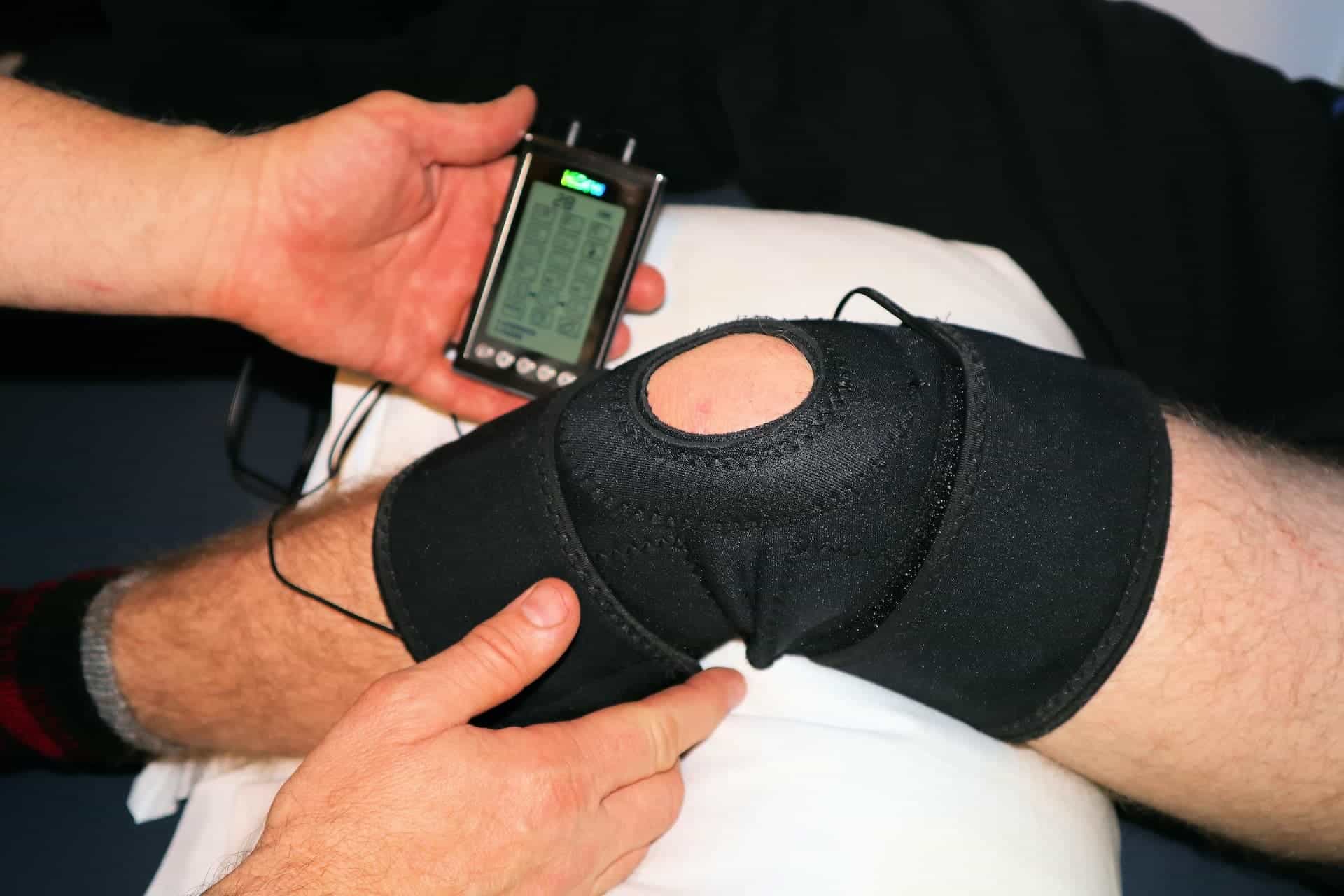Innovation and Education For Physiotherapy
Physiotherapy is a field that focuses on the prevention, treatment, and rehabilitation of movement disorders. With a growing emphasis on health and wellness, the demand for physiotherapy services is on the rise. To meet the needs of patients, it is crucial for physiotherapists to stay up-to-date with the latest developments in their field. This is where innovation and education play a crucial role.
The Role of Innovation in Physiotherapy
Innovation in physiotherapy refers to the creation and application of new and better ways of providing care. Innovations in technology have transformed the way physiotherapists deliver care to their patients. With the use of virtual reality and telemedicine, physiotherapists can now reach patients who are unable to visit their clinic. Additionally, the use of wearable technology allows physiotherapists to track patient progress remotely.
Innovation is not limited to technology. New techniques and approaches to physiotherapy are also emerging. One such approach is the use of Mindfulness-Based Stress Reduction (MBSR) to manage chronic pain. MBSR involves meditation, breathing exercises, and body awareness to reduce stress and promote relaxation. This approach has shown promising results in managing chronic pain.

Innovative Technology in Physiotherapy
The use of technology in physiotherapy has revolutionized the way patients receive care. One of the most promising technological advances in physiotherapy is virtual reality. With virtual reality, patients can receive treatment in a fun and engaging way, which can increase their motivation to complete their exercises. This is especially beneficial for patients with chronic conditions, as it can be difficult to stay motivated when progress is slow.
Telemedicine is another technological innovation that has transformed the way physiotherapists provide care. With telemedicine, patients can receive consultations and follow-up care from the comfort of their own home. This is particularly beneficial for patients who live in remote areas or have mobility issues.
Wearable technology is another area of innovation in physiotherapy. With wearable technology, physiotherapists can track patient progress remotely and adjust treatment plans as needed. Wearable technology can also motivate patients to stay active, which is important for long-term recovery.
New Approaches to Physiotherapy
In addition to technological innovations, new approaches to physiotherapy are emerging. One such approach is the use of cognitive-behavioral therapy (CBT) to manage chronic pain. CBT involves identifying negative thoughts and behaviors that contribute to pain and replacing them with more positive ones. This approach has been shown to be effective in managing chronic pain, and it is becoming more widely used in physiotherapy.
Another emerging approach is the use of dance therapy to treat movement disorders. Dance therapy combines the physical and emotional benefits of dance to improve patients’ mobility and mood. This approach has been particularly effective for patients with Parkinson’s disease.

The Importance of Education in Physiotherapy
However, innovation in physiotherapy cannot be effective without education. Physiotherapists must have the knowledge and skills to use these new tools and techniques effectively. Continuing education is essential for physiotherapists to stay informed about new developments in their field. This includes attending conferences, workshops, and webinars, as well as reading professional journals and participating in online discussions.
In addition to continuing education, physiotherapy schools and programs need to adapt to the changing needs of the profession. Students must be equipped with the skills and knowledge necessary to succeed in a rapidly evolving field. This means that physiotherapy programs need to provide more hands-on training in the latest technology and techniques.
The Importance of Education in Emerging Areas of Physiotherapy
As these new approaches and technologies emerge, it is important for physiotherapists to stay informed and educated. Continuing education is essential for physiotherapists to learn about these new developments and apply them effectively. In addition to attending conferences and workshops, physiotherapists can also benefit from online courses and certifications.
Physiotherapy programs must also adapt to the changing landscape of the field. This includes incorporating emerging approaches and technologies into their curriculums and providing students with hands-on training in these areas. By doing so, physiotherapy schools can prepare their graduates to be successful in a rapidly evolving field.
Embracing Innovation and Education
Innovation and education are crucial to the advancement of physiotherapy. With the emergence of new technologies and approaches to care, physiotherapists must stay informed to provide the best possible care to their patients. Continuing education and updated curriculums in physiotherapy schools are vital to ensuring the field keeps up with the demands of the ever-changing healthcare landscape.
By embracing innovation and education, physiotherapists can help their patients lead healthier, more active lives. This can be achieved by incorporating innovative approaches to care, such as the use of wearable technology and mindfulness techniques. Furthermore, it is important for physiotherapists to continue learning and developing their skills to ensure they provide the best possible care to their patients.




